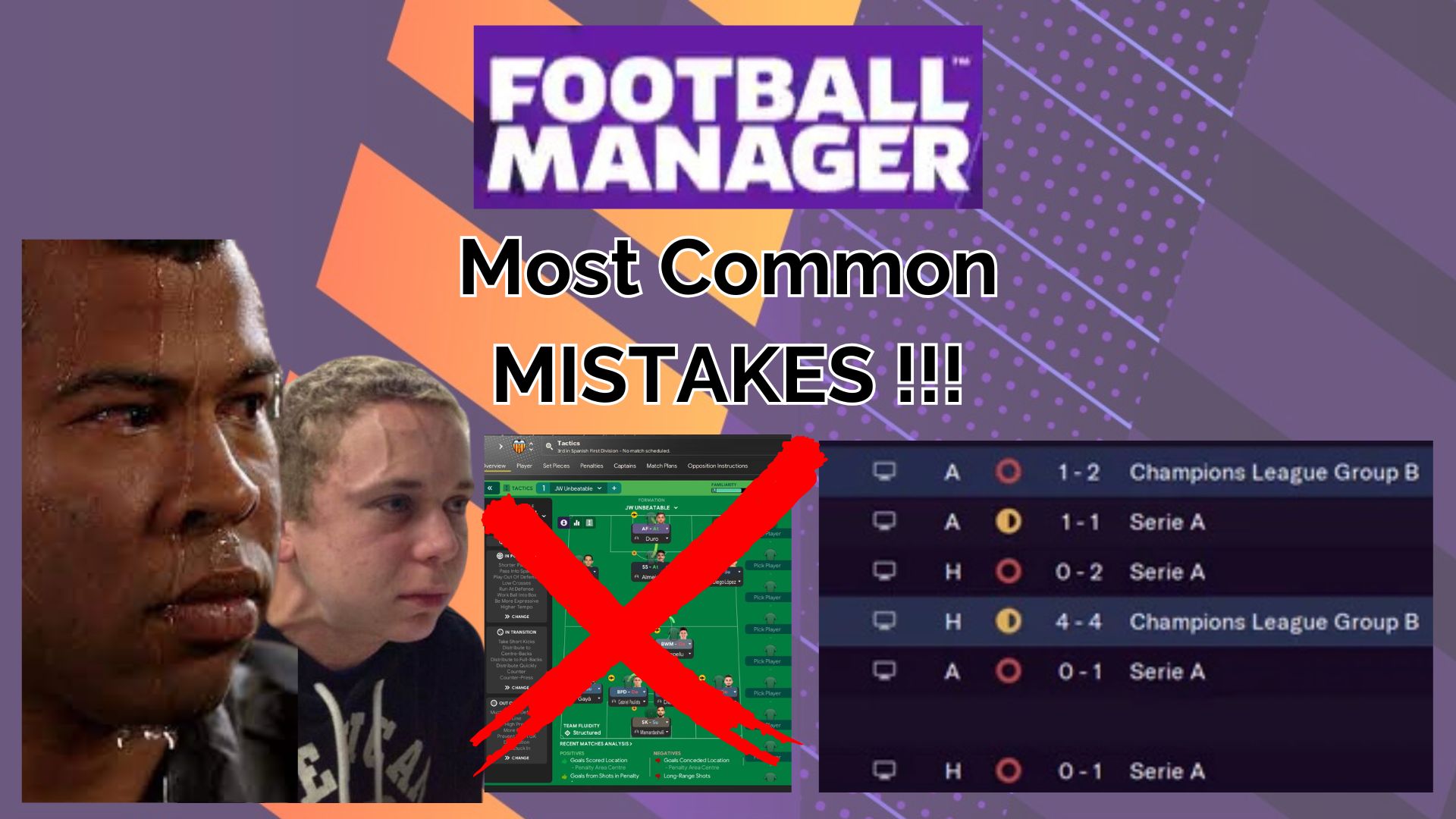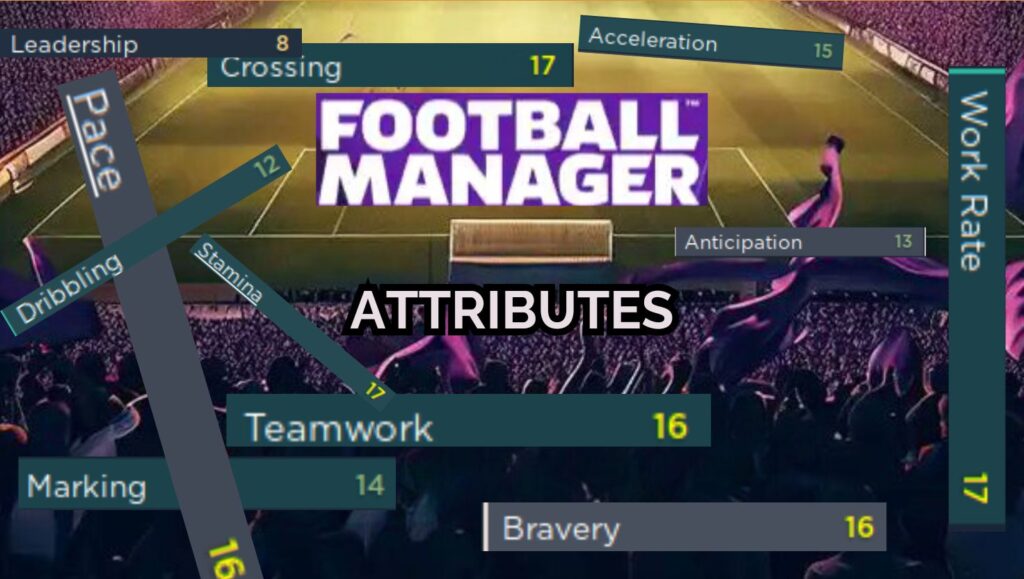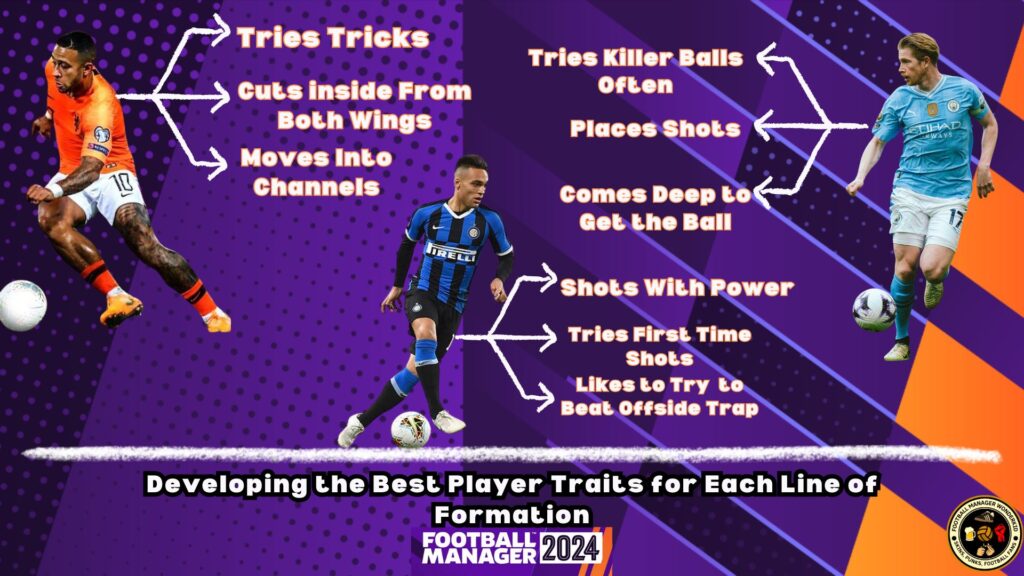What You Need to Know
- Keep tactics simple and adaptable to your squad’s strengths.
- Understand player attributes to enhance team performance.
- Be proactive in contract negotiations to avoid losing players.
- Regularly engage with players to maintain high morale.
1. Football Manager Mistakes
| Mistake | Impact |
|---|---|
| Overcomplicating Tactics | Confusion and poor performances |
| Ignoring Player Attributes | Mismatched tactics and poor results |
| Failing to Adapt During Matches | Missed opportunities for success |
Football Manager (FM) resembles a complex puzzle where every piece is crucial. Frequent changes to tactics can lead to player inconsistency, which hinders overall performance. Understanding and avoiding common mistakes can determine success and failure in managing your team. This guide explores crucial errors to avoid and offers insights into effective management strategies.
2. Common Tactical Setup Mistakes

Too much complicating
Football Manager mistakes in tactical setup can be detrimental. Overusing tactical instructions can limit player freedom and effectiveness. Managers should keep tactics simple and adaptable to their squad’s strengths.
By understanding your players’ abilities, you can create a strategy that matches their strengths rather than stifling their potential. The right balance between flexibility and structure can be the foundation of your team’s success.
Impact of Tactical Errors
Learn how common tactical mistakes affect performance and how to overcome them.
Overcomplication: Trying too many tactics at once can confuse players and weaken team cohesion.
Ignoring Attributes: Failure to align tactics with player strengths leads to underperformance.
Failure to Adapt: Not adjusting to opponents’ strategies results in reduced effectiveness.
Hover over the bars to see detailed information. Use this data to improve your tactical approach in Football Manager.
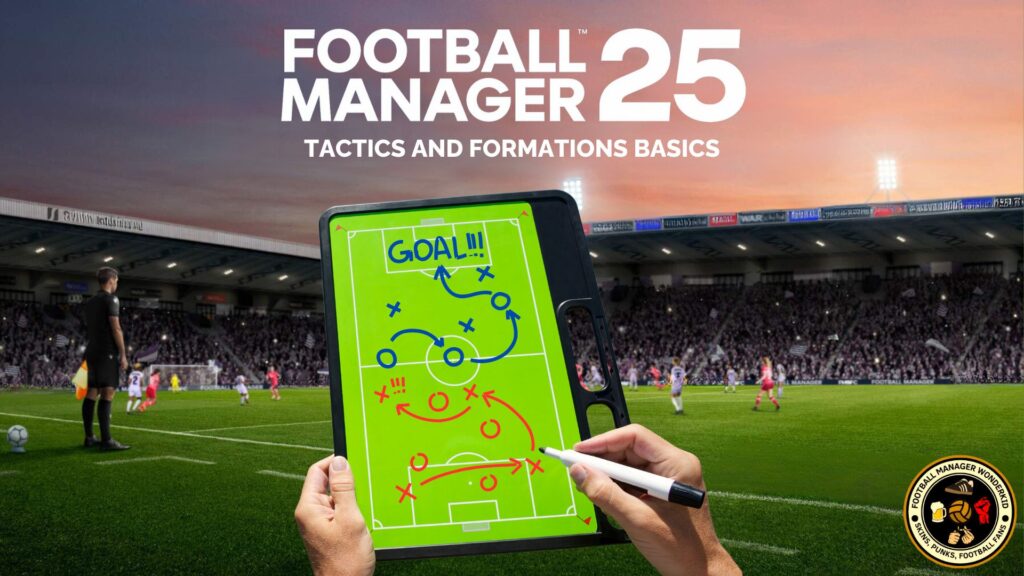
3. Ignoring Player Attributes
Understanding player attributes is vital for developing a winning strategy. Low-aggression players often struggle to win the ball, negatively impacting defensive capabilities. Each player has unique qualities that dictate their use in your tactical setup. Failing to assess these strengths and weaknesses can lead to mismatched tactics and poor results.
By recognizing each player’s skills, you can harness their potential and create a more cohesive unit on the pitch.
4. Misusing Focus Play Instructions
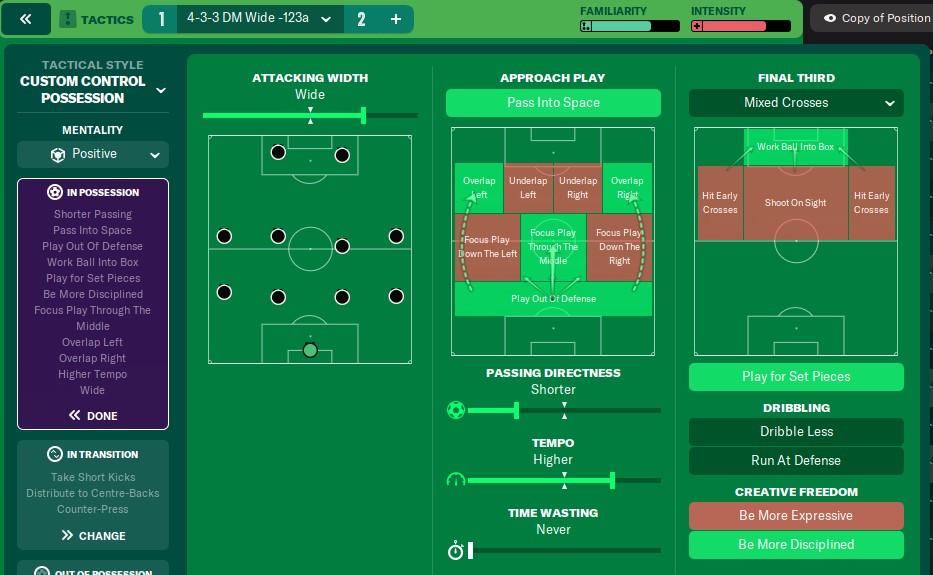
Focus Play instructions can be tricky. Overusing them can tire players and make your strategies predictable. Using Focus Play strategically, especially when players are tired, can enhance effectiveness.
To maintain the element of surprise, apply this tactic judiciously and consider varying your approach. A well-timed Focus Play can be the spark that ignites your offense when the game hangs in the balance.
5. Failure to Adapt During Matches
Adapting to the game’s flow is crucial for any manager. Not adjusting tactics during a match can lead to missed opportunities. Making real-time changes can often turn the tide of a game. Managers should remain vigilant and ready to adapt formations or instructions based on how the match unfolds. Being proactive rather than reactive can set you apart, allowing your team to seize the initiative when momentum shifts.
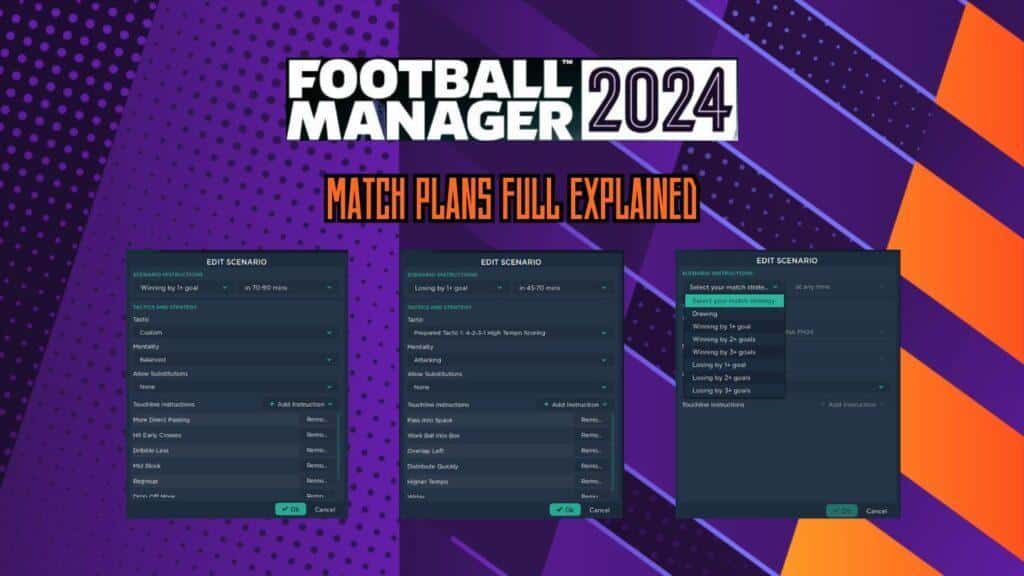
6. Tactical Familiarity and Changes
Drastic changes to tactics can disrupt player familiarity, leading to confusion. Minor adjustments are often more effective than complete overhauls. Managers should implement changes gradually, allowing players to adapt comfortably to new strategies. This careful approach can help maintain stability, ensuring your team remains focused and cohesive, even amid tactical adjustments.
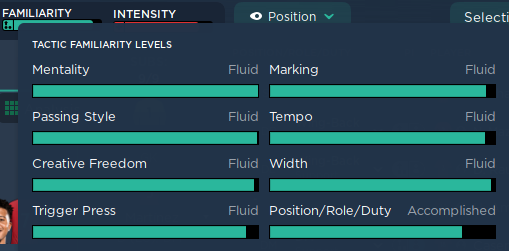
7. Misunderstanding Defensive Strategies
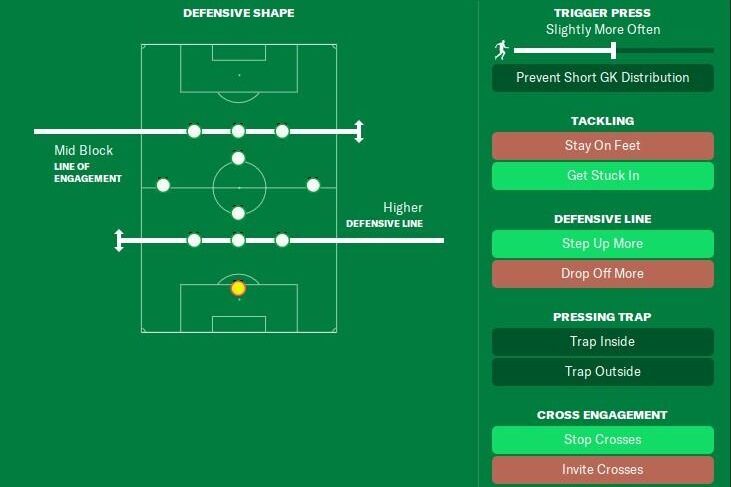
Defensive strategies can make or break a match. Tight marking can backfire against skilled players. Instead of applying tight marking, focus on disrupting service and applying pressure higher up the pitch. This strategy can minimize the impact of dangerous players on the opposing team. Understanding defense requires finesse and strategy, much like painting a masterpiece; it demands attention to detail to create a solid foundation for success.
8. Not Making Proactive Substitutions
Substitutions are crucial for maintaining team intensity. Timely substitutions, especially around the 60th minute, can significantly impact game intensity. Fresh players can rejuvenate a tiring squad, bringing new energy and strategies to the field. The right substitution at the right time can transform a lackluster performance into a triumphant display of skill and determination.
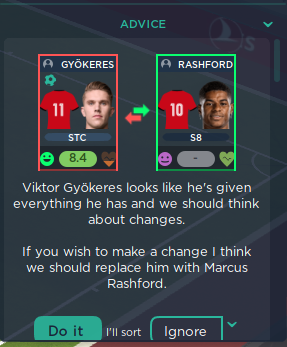
9. Allowing Contracts to Run Down

Letting contracts expire can lead to losing valuable players for free. It’s important to negotiate contracts well before expiration. Being proactive in contract negotiations can save your team from unexpected losses and strengthen your squad’s future. Keeping an eye on contract statuses ensures smooth navigation through potentially treacherous waters.
10. Breaking Promises to Players

Trust and morale are essential for a cohesive team. Breaking promises can damage trust and morale. Managing player expectations and commitments can lead to a more united team, crucial for success on the pitch. Building a positive atmosphere where players feel valued can be the difference between a harmonious squad and one plagued by discord.
11. Not Engaging with Player Morale
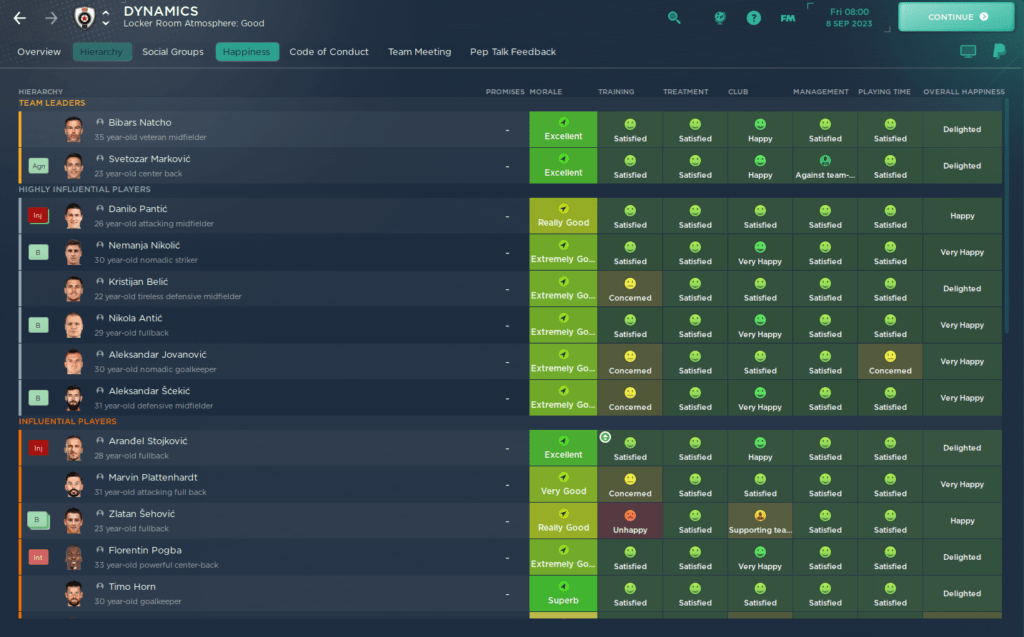
Player morale significantly affects performance and the risk of being fired. Low morale can lead to poor performance. Regularly checking for player updates and addressing concerns can foster a positive environment, ultimately enhancing team performance. A happy squad runs smoothly and efficiently towards shared goals.
Mistakes You Won’t Allow to Yourself
Effective management in a Football Manager requires understanding tactics, player attributes, and morale. Managers can improve their chances of success by avoiding mistakes such as overcomplicating tactics and neglecting player strengths. Fostering a positive environment through effective communication and engagement will lead to better performance on the pitch.
FAQ Section
Overloading players with unsuitable roles, failing to balance attack and defense, ignoring team dynamics, and not adapting to opponents’ tactics.
Player attributes determine effectiveness in specific roles, their ability to execute tactical instructions, and overall team synergy.
Opponents may exploit weaknesses in your setup; adapting tactics counters their strategy and maintains control of the game.
High morale boosts performance and cohesion, while low morale can lead to mistakes and disjointed play.
Balance between budget and demands, player’s role in the team, potential resale value, and ensuring clauses align with club goals.

